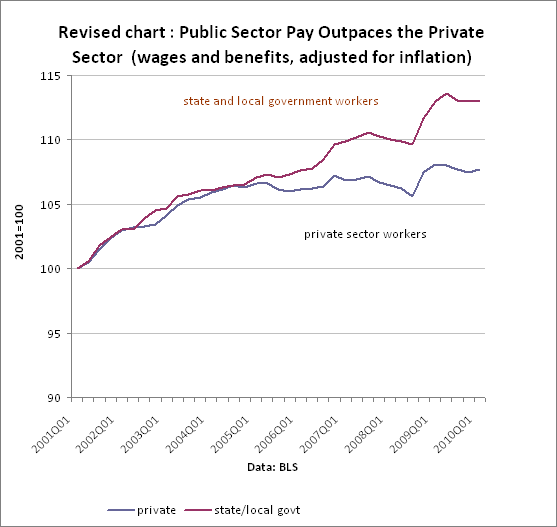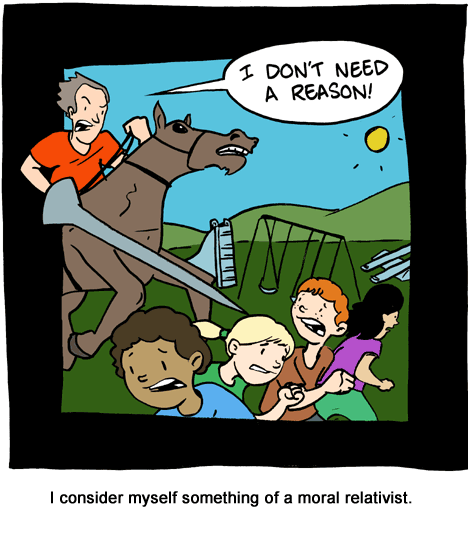Check out this awesome site:
It displays and ranks vanues according to their ratio of women and men present (sadly only for NY and SF), based on check-ins at
foursquare.
I was interested in this, because it provides a decent test of a hypothesis I'd had for a while. Which is this:
In equilibrium, the probability of being able to pick up a chick will be the same at all bars in a city.
The bare bones sketch of a model is as follows (you can add complexity as you like):
-Assume that all men and women are identical
-Assume that guys want to maximise their chances of picking up a woman
-Assume that each woman will only go home with at most one guy
-Take as given the distribution of women in the city.
Guys know that they will crowd each other out, and so bars with lots of women are like underpriced assets - they offer higher pickup probabilities, and so men will flock to them. The men will begin to crowd each other out, lowering their probability of success. This will continue until the probability of pickup is the same at all bars (the market returns to equilibrium).
You can add more realistic assumptions (distributions of quality, some women want to pick up guys and some don't, women don't want to be hit on by sleazebags) and got from partial equilbrium to general equilibrium.
But the punch line is the same - the probability of pickup should be the same at all places, as long as information and movement are free.
So you should suspicious of statements of the form 'Oh man, we should go to bar X, we're going to score there for sure!', for any value of X - gay bar, college bar, sports bar, it doesn't matter. For it to be true, it requires that there's either incomplete information (guys don't know without costly search which bars have women) or there's not free movement (some bars are exclusive and don't let you in).
So the ratiofinder predicts that the percentage* of men and women should be the same everywhere. Ratiofinder scales points by the number of total visitors, which is a shame - if they scaled point size by the percentage excess of men/women, the size of the points would be a quick comparison.
One thing that does scream out arbitrage, however, is the choice of venue - the vast majority of 'Nightlife' venues have more men than women, while 'Shops' and 'Parks' have more women. This suggests the importance of 'day game'.
I would hope that tools like this should help the market clear, and more guys get laid - seek alpha, be alpha!
*Depending on the form of the model, it might be either percentage of women or excess number of women - the punch line that the probability of pickup is the same should be robust either way.






